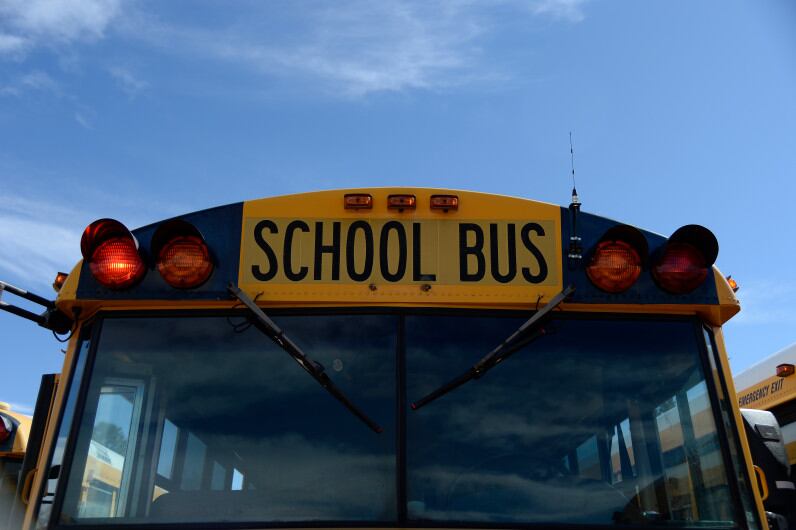Pike Township schools canceled in-person instruction Monday and Tuesday due to a lack of bus drivers, according to social media posts by the district on Monday. Instead, teachers conducted classes online.
The district announced via Twitter an unexpected virtual learning day early Monday morning, due to “circumstances beyond our control.”
Superintendent Flora Reichanadter later tweeted that a confluence of driver illness, planned medical leave, and the general shortage of bus drivers led to many routes without drivers.
A subsequent post from the district said Tuesday would be another virtual learning day. So far, the district has not announced when campuses would reopen for classes.
Reichanadter’s statement alluded to rumors of a bus driver strike, but said that the district had not learned of any planned labor protest.
Pike schools serve around 11,000 students in the northwestern portion of Marion County.
The district’s announcements directed staff to report to work as usual on Monday. On Tuesday, the district said teachers would teach live following their regular schedule, with students joining from home via the internet.
Reichanadter took pains in her tweet to explain the district’s treatment of its bus drivers last school year, including paying drivers who did not work during school shutdowns and providing extra compensation to those who did.
About this week’s virtual learning, Reichanadter wrote, “We understand this is a hardship for many families and sincerely apologize for the inconvenience.”







